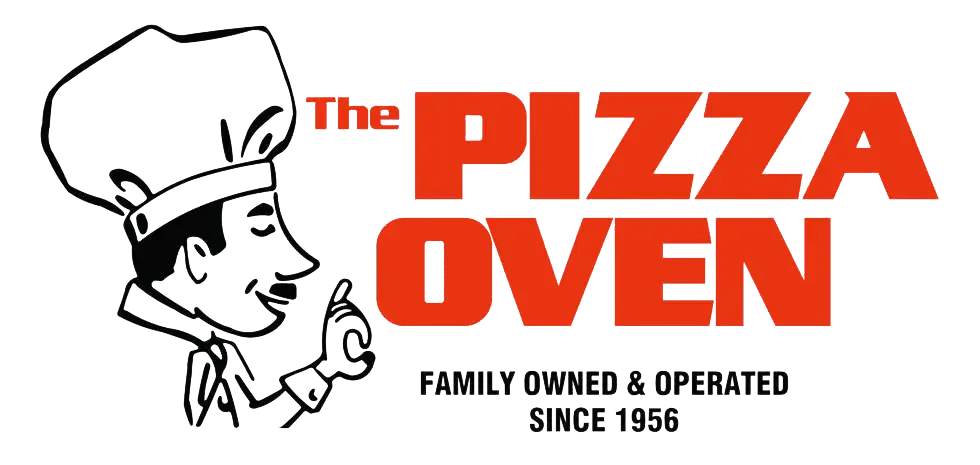We avoid pain. From a simple tension headache to pain from surgery to a chronic backache, we want the pain to stop so that we can go on with our lives. Even minor pain or temporary pain gets in the way of the things we want and need to do.
Pain management therapy aims to control the pain people experience, improving their quality of life and in some cases making living possible.
Where pain comes from
Stress, injury, infection, disease – all can create pain as a key symptom. When pain is temporary, such as in the case of an injury or surgery, dealing with it may be simply a matter of medication and time. But other conditions can cause chronic pain that needs to be managed with therapy.
Coimmon causes of pain include:
- Headaches – stress, migraine, cluster – can impact the neck as well.
- Dental pain – toothache or abscess
- Joint injuries – sprains, frozen shoulder
- Arthritis – osteoarthritis, gout and others cause joint pain
- Back injuries – herniated disks, sciatica, or hereditary conditions such as spondylolisthesis
- Autoimmune disorders – lupus, Crohn’s disease
- Kidney stones and urinary tract disorders – kidney stones are painful to pass; interstitial cystitis causes pelvic pain
- Endometriosis – the lining of the uterus grows outside the uterine walls causing abdominal pain
- Neuropathy and chronic pain disorders – nerve damage, carpal tunnel, fibromyalgia, complex regional pain syndrome and others can cause tingling and stinging to debilitating pain
Managing pain, from temporary to chronic
Pain that goes beyond a nagging headache or pain from a minor injury such as a sprain or strain will typically drive one to a pain specialist. Anyone experiencing pain can benefit from a pain management plan. This can be a plan addressing discomfort after a serious injury or surgery or a comprehensive map that helps those experiencing long-term pain that may result from disease or a chronic health condition.
For acute pain related to injuries, chronic pain such as that lasting six months or more, and for nerve-related pain, pain specialists may suggest any of the following to bring relief to patients.
- Home remedies that may include ice and elevation along with compression.
- Lifestyle changes that may include adjusting sleeping habits, dietary changes, or losing weight.
- An exercise plan that targets flexibility, posture, and mental health, such as yoga, swimming, or walking.
- Physical therapy, massage, acupuncture, or chiropractic adjustments may reduce pain and improve range of motion.
- Stimulation, such as TENS or radiofrequency ablation may relieve nerve pain.
- Steroid injections directly to the pain location.
- Counseling, including cognitive behavioral therapy, aimed at changing the way the mind reacts to pain and addressing the anxiety and depression that chronic pain can cause.
If you are experiencing pain related to an injury or a chronic condition, the team at Comprehensive Pain Management Specialists can help. With a patient-centered approach that treats your specific discomfort and condition, Comprehensive Pain is focused on improving your daily life. Click here for more information about Comprehensive Pain’s services or to reach out for an appointment.
